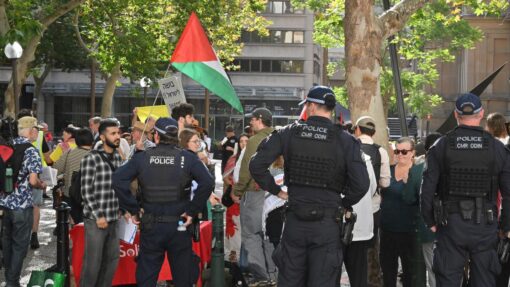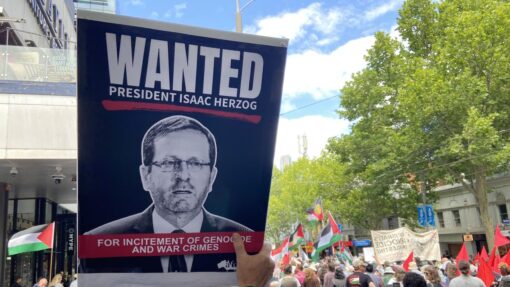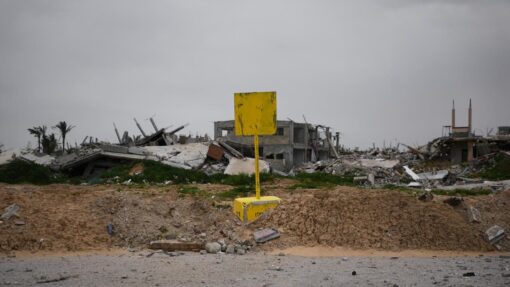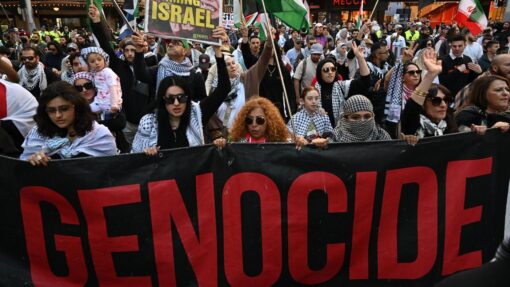Albanese shrugs off swipe from angry Israeli leader
Jacob Shteyman and Andrew Brown |
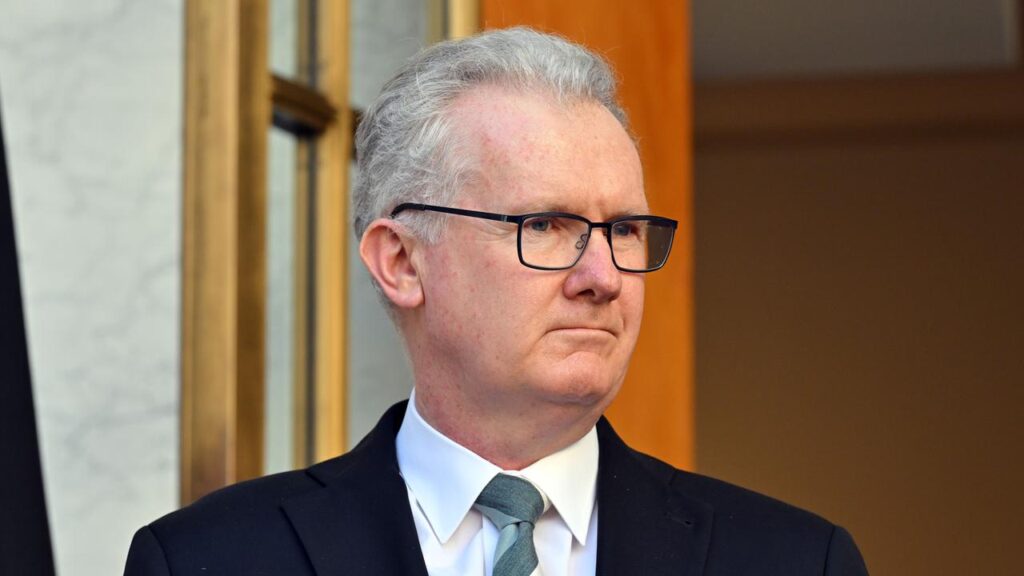
Anthony Albanese has downplayed personal attacks from Benjamin Netanyahu, as a federal minister called out Israel’s prime minister over “blowing up” Palestinians and starving children.
Mr Netanyahu called his Australian counterpart a “weak politician” in a social media post, claiming he had abandoned Jewish Australians.
The comments followed escalating diplomatic tensions after the federal government denied a visa to far-right Israeli politician Simcha Rothman, who was set to undertake a speaking tour of Australia at the invitation of a fringe Jewish group.
The Israeli government retaliated by cancelling the visas of three Australian representatives to the Palestinian Authority and ordering embassy staff to apply extra scrutiny to Australian applications to enter Israel.
Mr Albanese said he would continue to engage with Mr Netanyahu, brushing off the social media criticism from Israel’s leader.
“I don’t take these things personally. I engage with people diplomatically. (Netanyahu) has had similar things to say about other leaders,” he told reporters in Adelaide on Wednesday.
“There is a global concern, because people want to see an end to the cycle of violence that we have seen for far too long. That is what Australians want to see as well.”

Mr Albanese said he would continue to press Australia’s position on Palestine to Israel’s leader.
It comes as Home Affairs Minister Tony Burke said the increasingly “isolated” Israeli prime minister was lashing out, as he had done to other Western leaders who vowed to recognise Palestinian statehood.
“Strength is not measured by how many people you can blow up or how many children you can leave hungry. Strength is much better measured by exactly what Prime Minister Anthony Albanese has done,” he told ABC Radio on Wednesday.
“When there’s a decision that we know Israel won’t like, he goes straight to Benjamin Netanyahu, he has the conversation, he says exactly what we’re intending to do, and has the chance for the objections to be made person-to-person.”
In revoking the visas of the Australian diplomats, Israel’s Foreign Minister Gideon Sa’ar cited Australia’s decision to recognise Palestine, as well as the refusal to grant visas to Mr Rothman and former Israeli minister Ayelet Shaked.

Labor MP Josh Burns, who is Jewish, said while the language from the Israeli prime minister was a “poor reflection”, he also wants a softening of language from Mr Burke.
“I completely understand that Tony feels passionately about this, but personally, what I would say in this moment is what’s really important is that everyone take s a big, deep breath,” he told ABC Radio.
Opposition Leader Sussan Ley said the prime minister needed to outline how Australia would repair diplomatic ties with Israel, but also said Mr Albanese needed to be respected by other world leaders.
“While our prime minister, whoever that may be, should be respected, what has happened is that the relationship has deteriorated, and that failure is becoming apparent,” she told reporters in Sydney.
“Respect goes both ways, and the series of events we have seen in the relationship between Israel and Australia are regrettable.”

Executive Council of Australian Jewry co-chief executive Alex Ryvchin said the Jewish community was disturbed by the deteriorating relationship between the two nations, urging for a lowering of the tone of debate.
“None of this is served or advanced through this public exchange of insults that’s taken place right now,” he told reporters in Sydney.
“I hope it’s just rhetoric that can blow over and, again, I hope that leaders can pick up the phone and talk through their differences.”
Mr Ryvchin said the Jewish community had not felt abandoned by the government, despite Mr Netanyahu’s criticisms.
AAP